Lateral Hip Pain Can Be a Pain in the Butt!
January 23, 2020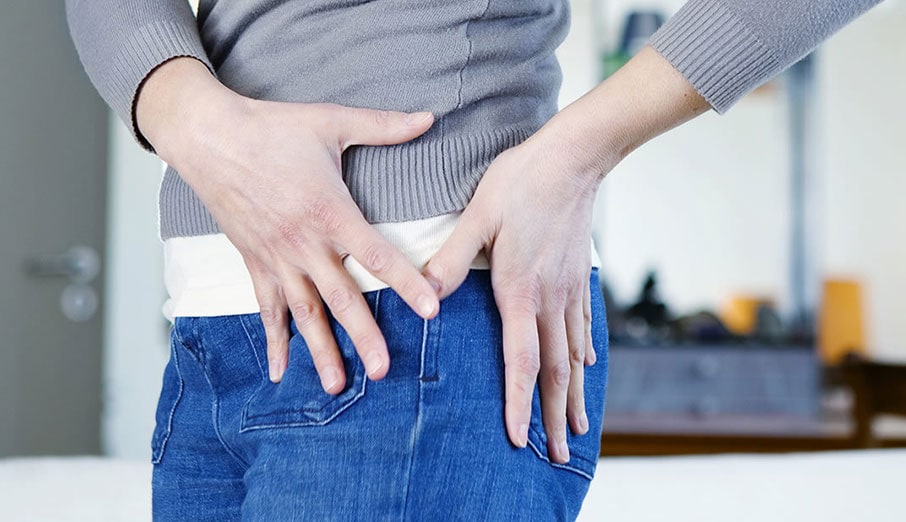
Lateral hip pain, that is pain on the outside of the hip, is a very common complaint, particularly among middle-aged women.
Often people suffering from this pain assume it means they’ll need a hip replacement. But good news! – lateral hip pain is generally unrelated to the hip joint (which usually causes pain in the groin and/or thigh). Rather, it is generally arising from the gluteal tendons, and can therefore be treated similarly to Achilles tendinopathy and patellar tendinopathy etc.
Pain from the gluteal tendons can vary from mild pain and tenderness felt over the bony prominence on the outside of the hip (the greater trochanter), to quite severe pain which extends into the buttocks and along the outside of the thigh. It can often have a very minimal impact on your quality of life, or sometimes it can be very impactful on your ability to participate in and enjoy activities of daily living.
This pain tends to be aggravated by walking, running, stairs and by sidelying.
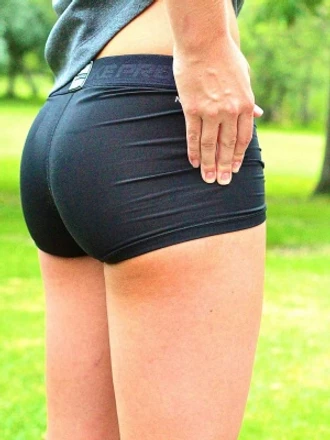
What Causes It?
Like for other tendinopathies, gluteal tendinopathy is caused by the tendons being exposed to more force over time that what they are physically able to adapt to. The tendons response to be able to adapt to this load fails, and they become weaker. This creates a vicious cycle where, as they weaken, it takes less to overload them, and this overloading causes more pain and further weakening.
The excessive loading on the tendon that initiates the process is generally a combination of poor biomechanics and an increase in exercise load.
Weakness of the gluteus medius can cause the opposite side of your pelvis to drop while you’re standing on one leg (during walking and running). This increases the pull on the gluteus medius and gluteus minimus tendons. This is the biomechanical issue that most commonly contributes to developing this pain.
How Do We Treat It?
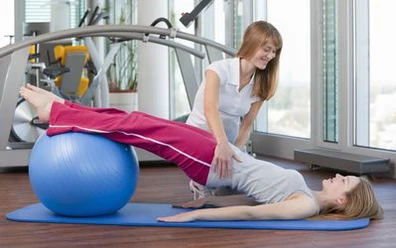
While treatments in the clinic such as massage, joint mobilisations, dry needling ultrasound, taping etc are helpful in terms of relieving symptoms and pain and muscle tightness, progressing through a rehab program is very important in the management of this condition. This should include gluteus medius strengthening, correction of biomechanical issues with functional tasks and a graduated exposure to load to facilitate the healing of the tendons.
Occasionally a more invasive treatment such as cortisone injection may be required to alleviate symptoms. However, rehab is still necessary to prevent recurrence of the pain once this treatment has worn off.
If you’re suffering from hip pain, don’t simply “put up” with it. Come and see our physiotherapist today!
-
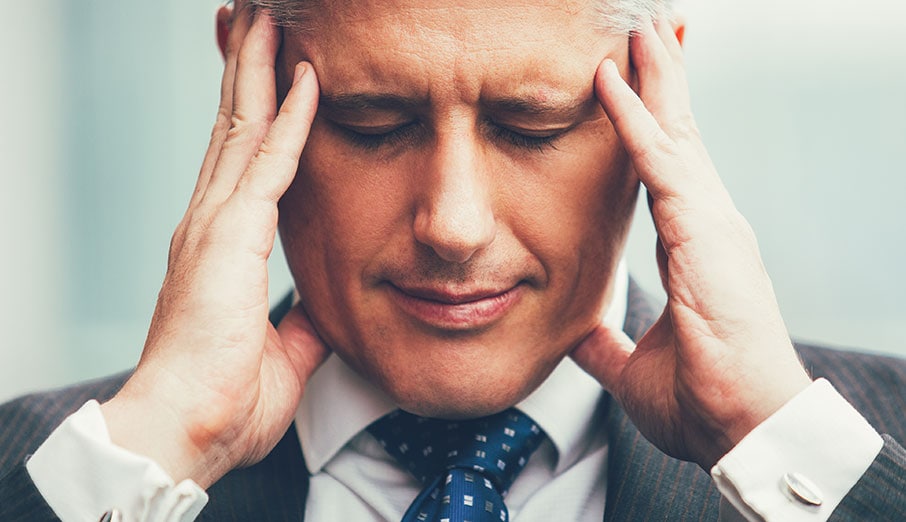 What Can Make Neck Pain a Headache?
What Can Make Neck Pain a Headache?
Often people experiencing a headache are also experiencing neck pain/tightness a...
-
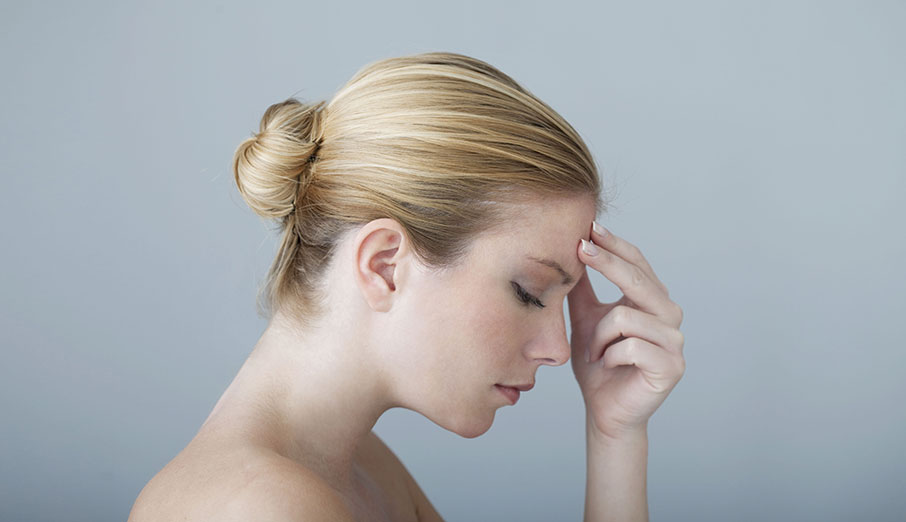 How Physio Can Help Your Headaches
How Physio Can Help Your Headaches
Headaches are no fun. Some people will only experience short-term headaches ever...
-
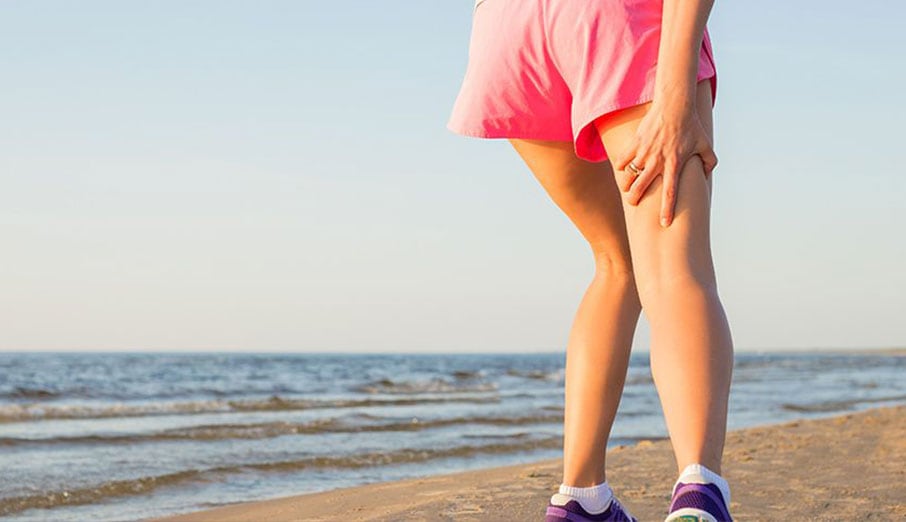 Muscle Strains
Muscle Strains
Winter sports are back and with them come more muscle strains, particularly hams...
